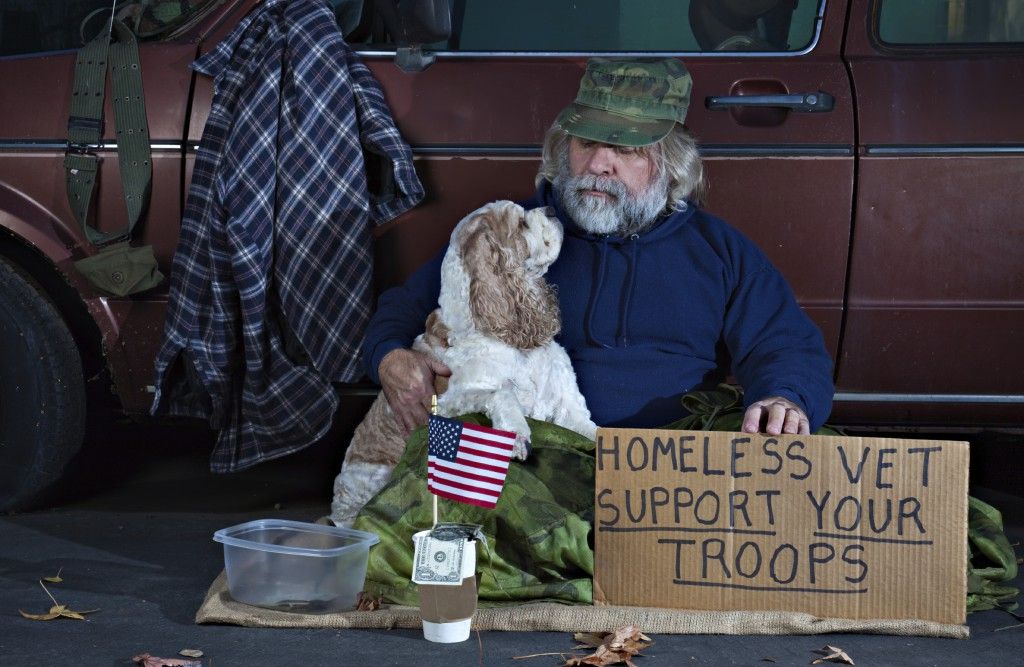California cities struggle with implications of homeless ruling
by Chris Reed | December 27, 2019 10:36 am

The U.S. Supreme Court’s decision[1] not to hear an appeal of a 9th U.S. Circuit Court of Appeal ruling limiting when homeless people can be arrested in California and eight other Western states has left lawmakers who want a crackdown over the homeless’ negative effects on quality of life not even sure what that might look like.
In 2018, the San Francisco-based appellate court threw out[2] a broadly written Boise, Idaho, law allowing arrests for sleeping in public, holding that if there were no shelter beds available, this was a cruel and unusual punishment. But dozens of local governments submitted or co-signed amicus briefs to the Supreme Court arguing that the decision was murky at best. One oft-cited example: If a city has fewer shelter beds than its homeless population, is the city automatically blocked from arresting those sleeping in public?
Some Los Angeles officials fear that’s a likely interpretation.
“The [Boise case] language, rather than citing clear principles where constitutional questions are at stake, makes local jurisdictions vulnerable to lawsuits as they struggle to achieve a balance between the legitimate rights and interests of homeless people and the legitimate rights and interests of other residents and businesses,” City Attorney Mike Feuer told The New York Times[3].
Los Angeles County Supervisor Mark Ridley-Thomas called the ruling “ambiguous and confusing”[4] and said in a statement released by his office that the Supreme Court’s refusal to hear the appeal “handicaps cities and counties from acting nimbly to aid those perishing on the streets, exacerbating unsafe and unhealthy conditions that negatively affect our most vulnerable residents.”
Large homeless camps called ‘untenable’
It was Ridley-Thomas in September who signaled the arrival of a backlash[5] on homelessness by breaking dramatically with Los Angeles Mayor Eric Garcetti, who has called for a compassion-first approach to what he calls “the moral and humanitarian crisis of our time.”
After persuading L.A. County supervisors to vote 3-2 to support filing an amicus brief backing Boise’s appeal, Ridley-Thomas issued a statement saying the status quo in which the city and county accept massive homeless encampments is “untenable. … We need to call this what it is — a state of emergency — and refuse to resign ourselves to a reality where people are allowed to live in places not fit for human habitation.”
Until then, Ridley-Thomas had been seen as a supporter of the view touted by Democrats like Garcetti and Gov. Gavin Newsom, who argue that homelessness can be sharply reduced with the patient, smart use of public resources. Earlier this year, Newsom had named Ridley-Thomas to be part of his state commission on homelessness.
The fear that the Boise ruling would destroy the quality of life in cities with substantial homeless populations was a focus of Boise’s appeal, which was prepared by the Los Angeles-based Gibson Dunn law firm. “Nothing in the Constitution … requires cities to surrender their streets, sidewalks, parks, riverbeds and other public areas to vast encampments,” the appeal asserted.
San Francisco official downplays impact of ruling
While they were outnumbered by lawmakers who feared the worst, some local officials in San Francisco and Oakland were less alarmed with the implications of the U.S. Supreme Court’s decision to pass on the Boise case.
In interpreting the appellate court’s 2018 ruling, these officials concluded they had the open-ended right to clear encampments that posed clear health and safety risks — so long as they notified those in encampments ahead of time that the camps are going to be cleared and offered the homeless storage for their belongings.
Jeff Kositsky, chief of San Francisco’s Department of Homelessness and Supportive Housing, told the San Francisco Chronicle that he considered the Supreme Court’s action to be a “nonissue.”[6]
Seventy-five miles to the east, Sacramento officials were far more concerned. They fear the upholding of the Boise ruling will interfere[7] with local governments’ efforts to remove the homeless camps that have frequently sprung up in flood-prone areas, especially by the American River in Sacramento.
- decision: https://www.cnn.com/2019/12/16/politics/supreme-court-homeless-boise/index.html
- threw out: https://www.latimes.com/local/lanow/la-me-ln-homeless-9th-circuit-20180904-story.html
- told The New York Times: https://www.nytimes.com/2019/12/03/business/homeless-boise.html
- “ambiguous and confusing”: https://www.californiacitynews.org/2019/12/supreme-court-upholds-ruling-allows-homeless-sleep-public-places.html
- backlash: https://calwatchdog.com/2019/09/25/do-l-a-county-leaders-have-compassion-fatigue-on-homelessness/
- “nonissue.”: https://www.sfchronicle.com/bayarea/article/U-S-Supreme-Court-ruling-protects-right-of-14910795.php
- will interfere: https://www.sacbee.com/news/local/article238427963.html
Source URL: https://calwatchdog.com/2019/12/27/california-cities-struggle-with-implications-of-homeless-ruling/